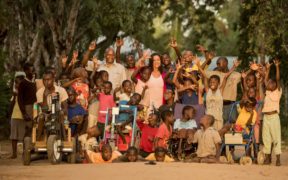Tag:
Kenya
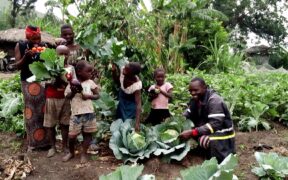
In 2022, Knowledge SUCCESS collaborated with 128 Collective (formerly Preston-Werner Ventures) to conduct a rapid stock-taking exercise to document the impact of HoPE-LVB, an integrated Population, Health, and Environment (PHE) project in Kenya and Uganda. During a recent webinar, panelists shared how HoPE-LVB activities continue in the two countries.
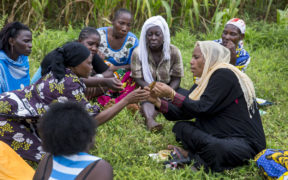
Though discussions around reproductive health services should be open to all, adolescent boys and girls experience often don’t get to take part in them, with their parents and guardians making most decisions about health on their behalf. Kenya’s health department is implementing various interventions focusing on young people. Through The Challenge Initiative’s (TCI) program, Mombasa County received funding to implement high-impact interventions that address some of the challenges young people experience in accessing contraception and other sexual and reproductive health (SRH) services.
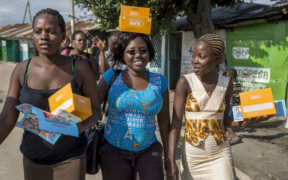
Pharmacies play a critical role in providing access to reproductive health services in low-resource settings in Kenya. Without this private-sector resource, the country would not be able to meet the needs of its young people. Kenya’s National Family Planning Guidelines for Service Providers allow pharmacists and pharmaceutical technologists to counsel, dispense, and provide condoms, pills, and injectables. This access is critical to the health and well-being of youths and the overall achievement of the United Nations’ 2030 Agenda for Sustainable Development goals.
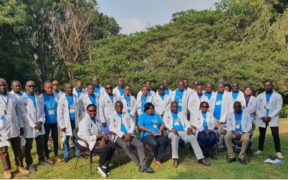
Working alongside family planning advocates, Jhpiego Kenya applied the nine-step SMART advocacy approach to engage stakeholders in the creation of a new pharmacist training package. The updated curriculum includes that includes instruction on providing contraceptive injectables DMPA-IM and DMPA-SC.
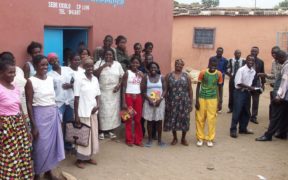
Faith-based organizations (FBOs) and faith institutions are often perceived as not supporting family planning (FP). However, FBOs have publicly shown support for FP for some time and play a vital role in health care service delivery, particularly in sub-Saharan Africa.
![Photo of [name] at work. Photo courtesy of Living Goods](https://knowledgesuccess.org/wp-content/uploads/2021/02/thumbnail_image001-288x180.jpg)
The Knowledge SUCCESS East African team engaged its partners at Living Goods East Africa (Kenya and Uganda) for an in-depth discussion on their community health strategy for implementing programs and how innovations are essential towards enhancing global development.
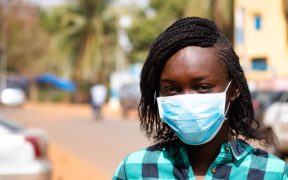
In a variety of ways that suit their contexts, countries around the world have adapted international guidance on providing family planning care during the COVID-19 pandemic. Tracking the extent to which these new policies are successful in maintaining women’s access to safe, high-quality care will provide valuable lessons for responses to future public health emergencies.
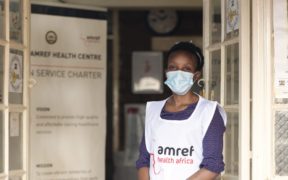
The integration of voluntary family planning and reproductive health care (FP/RH) with HIV service provision ensures FP information and services are made available to women and couples living with HIV without discrimination. Our partners at Amref Health Africa discuss the challenges of effectively addressing FP needs for vulnerable clients living in informal settlements and slum areas, and offer recommendations for reinforcing FP and HIV integration.

FP2020's webinar on digital health for family planning during the COVID-19 pandemic brought together presenters from a variety of projects, all of which are leveraging technology to meet the needs of their clients in new ways. Missed the webinar? Our recap is below, and so are links to watch for yourself.



